
In March 2016 a shot at the Africa Cup of Nations title was the last of Youcef Belaili’s concerns. To all intents and purposes, his career appeared over. Fifa had confirmed a four-year global ban after a post-match doping test, taken seven months previously, came up positively for cocaine. He had just turned 24 but the best years of his career were to be taken away and, whatever the mitigation, he had only himself to blame.
Yet Belaili will enter the Cairo International Stadium pitch for Sunday’s semi-final against Nigeria as a player reborn; one who has served his time and is performing with a flair and confidence few have matched all summer. Belaili’s suspension was eventually reduced to two years by the court of arbitration for sport, who judged he had ingested the drug unintentionally while smoking a shisha pipe, and he returned to action in September 2017, rather than September 2019. His displays for Algeria suggest the promise he once showed is being fulfilled and the marvel, in a team so long reliant on mainstays such as Riyad Mahrez and Sofiane Feghouli, is that he is doing it all alongside another late bloomer previously little known to a global audience.
Spool back to the late 2000s and Belaili can be found in a team photo from one of the age-group sides of RCG Oran, a lower-division club from Algeria’s second city, crouched a few places along from Baghdad Bounedjah. It was a tough place to start, one that had no significant history of talent development and one where, for two teenagers, playing pranks on their coaches was as satisfying as anything else. In an act of slapstick Bounedjah once locked the dressing room doors on one who had gone on the warpath after they defied his wishes and played in a street football tournament.
But now Belaili and Bounedjah are Algeria’s in-form forwards and the players who look best placed to win them a first continental trophy since 1990. They are, in their different ways, mavericks who recall a different era, an antidote to the suggestion that, at this level of football, there are no real surprises any more.
Bounedjah, with his upright stance and pencil moustache, has an air of the 1930s film star about him and risked being the story when, on Thursday night, he missed a penalty that would have put Algeria two goals up in their quarter-final with Ivory Coast. An equaliser followed; he was substituted and watched the rest of the match in tears, which abated only when those who remained on the field scraped a shootout win. “If we lost, I would be responsible,” he said in a post-match interview during which he apologised three times; by most measures, though, he has some credit left in the bank.
Last year Bounedjah scored 59 times for his club, the Qatari side Al-Sadd, putting him top of the global charts. He broke the league’s goalscoring record with 39 from 22 games in 2018-19, six hat-tricks helping him along; some divergence from days when, aged 20, he was still playing in Algeria’s amateur divisions for RCG. His record has earned him the centre-forward spot in Djamel Belmadi’s side and he has proved to be a bad boy in his own way; one of those strikers you cannot take your eyes off; a snarling, niggly Diego Costa analogue who still courts attention when the ball is 80 yards away.
“If I were a defender I would not want to play against him; he plays both the old and the modern way,” was the verdict last week of El Hadji Diouf, who knows a few things about the dark arts. An over-reliance on them sometimes caused problems earlier in his career; these days a slightly toned-down act makes him the perfect leading man for a team that, while comfortably the most rounded unit left in this competition, can niggle and stall a game to a level almost beyond compare.
It is remarkable to see Bounedjah thriving alongside Belaili, who was recalled by Belmadi last November for his first cap in three and a half years and was unsure of a spot in the final Cup of Nations squad until a relatively late stage. Some close observers of the Algeria team believe Belaili is the most talented player the country has produced in decades, better even than Mahrez; a lavish, spontaneous inside-forward capable of creating magic from nothing. He has certainly forged a fine partnership with his old academy friend, the pair playing a one-two from which Belaili opened the scoring in the round-of-16 win against Guinea. They have roomed together this summer and there is a genuine sense that a degree of telepathy was honed on those pitches in Oran.
“We know expectations are high and we will do our best not to go back [home] empty-handed,” said Belaili, who these days plays his club football for the Tunisian side Espérance. The smart money is on Algeria facing Senegal in Friday’s final and Belaili has already outdone them once, cracking in a brilliant winner when they met in the group stage. A more accurate contribution from Bounedjah, whether or not from the penalty spot, would enhance their chances and add to his sole strike of the tournament so far, against Kenya.
Both men are 27 and the time for a career-changing move to one of Europe’s big leagues has realistically passed. There will be no Premier League title like those won by Mahrez, and no distinguished La Liga stint as experienced by Feghouli with Valencia. The chances are growing, though, that these two rough diamonds will make up for lost time by taking their more feted colleagues to uncharted heights.
Read Full Story

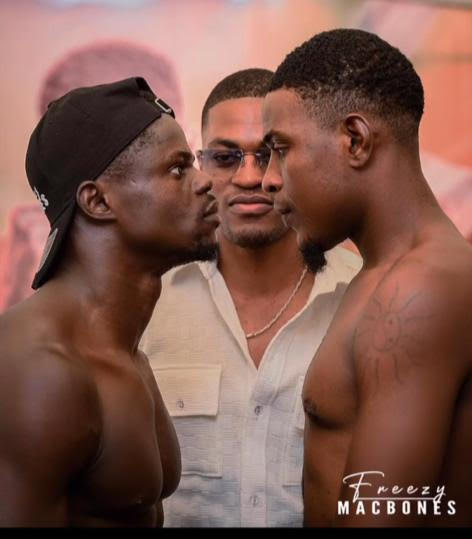





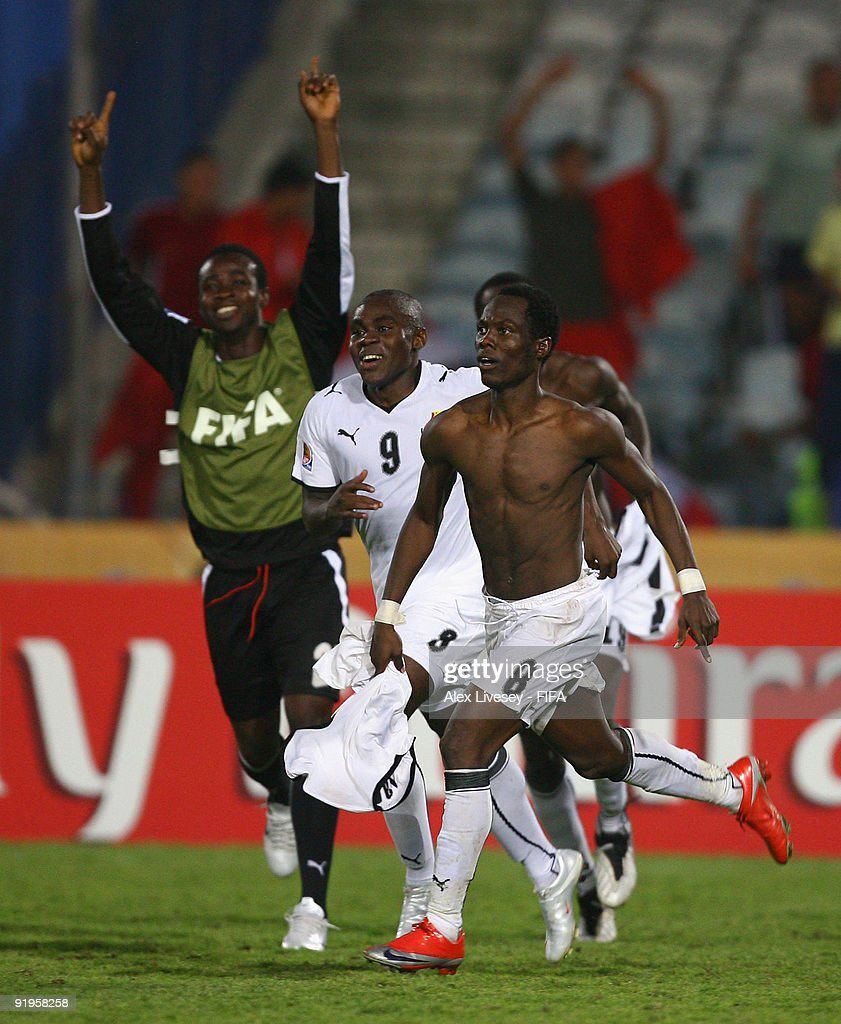


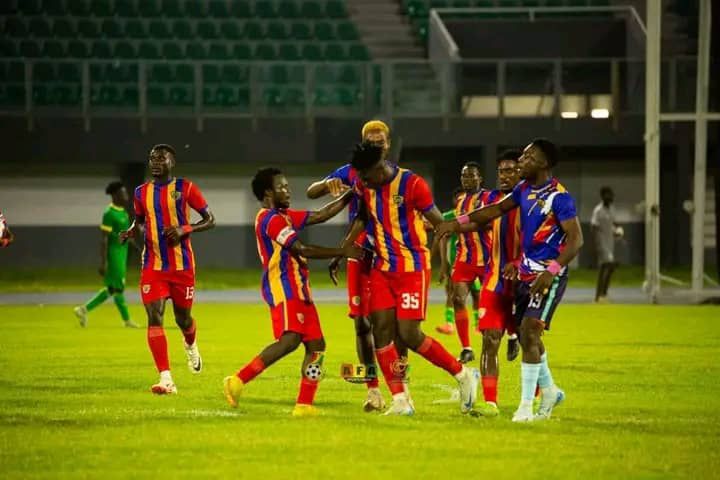
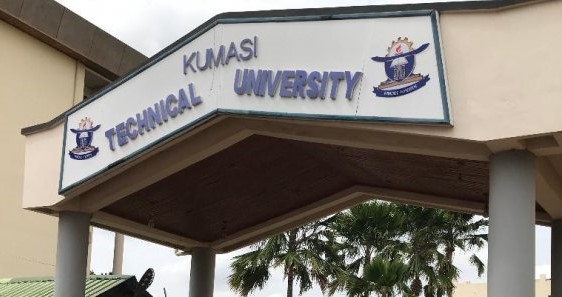
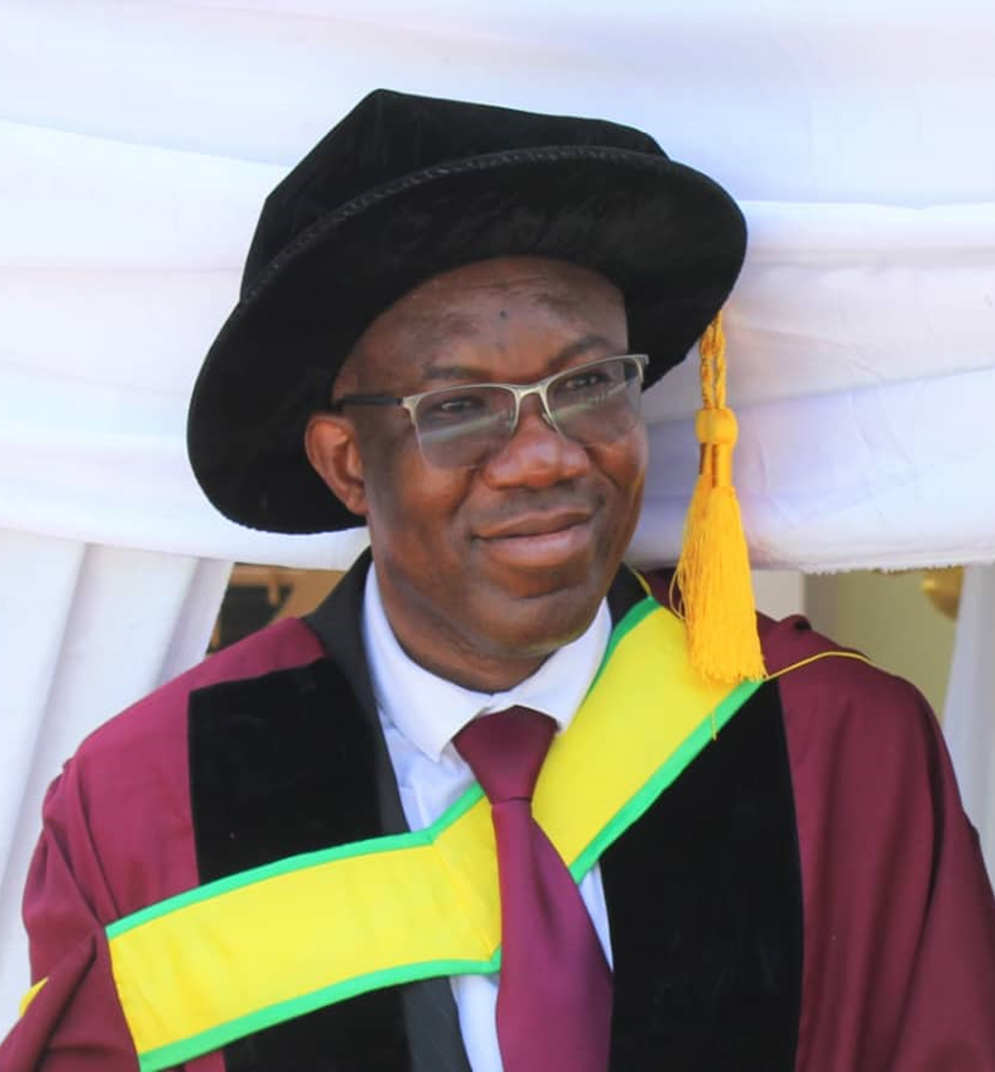
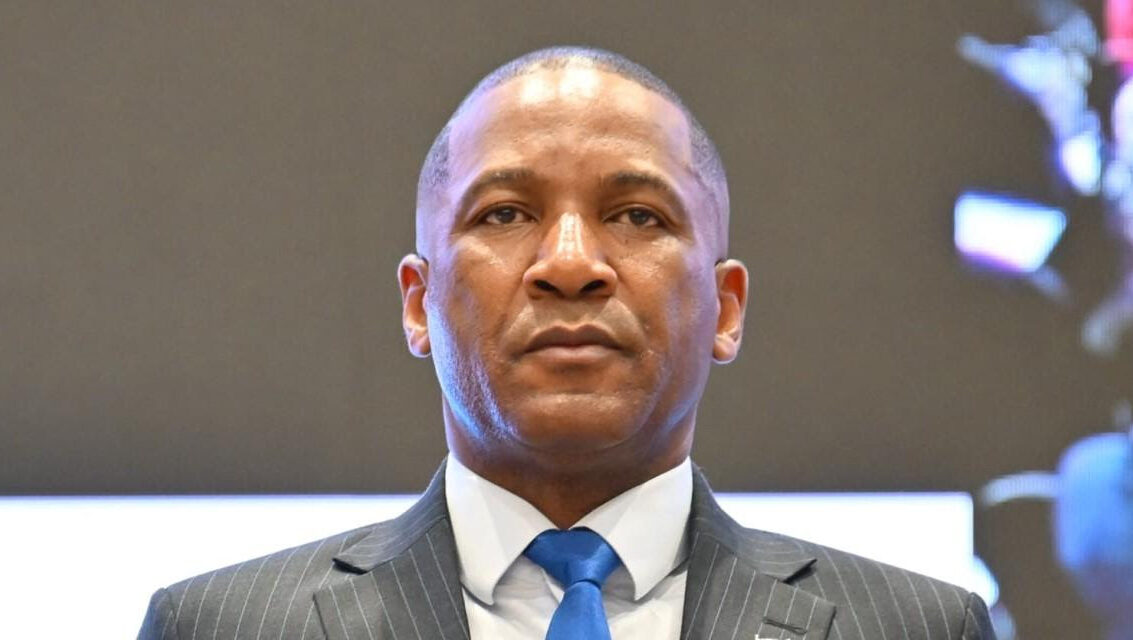
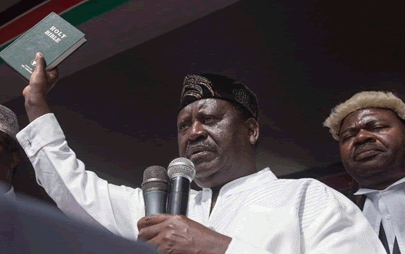
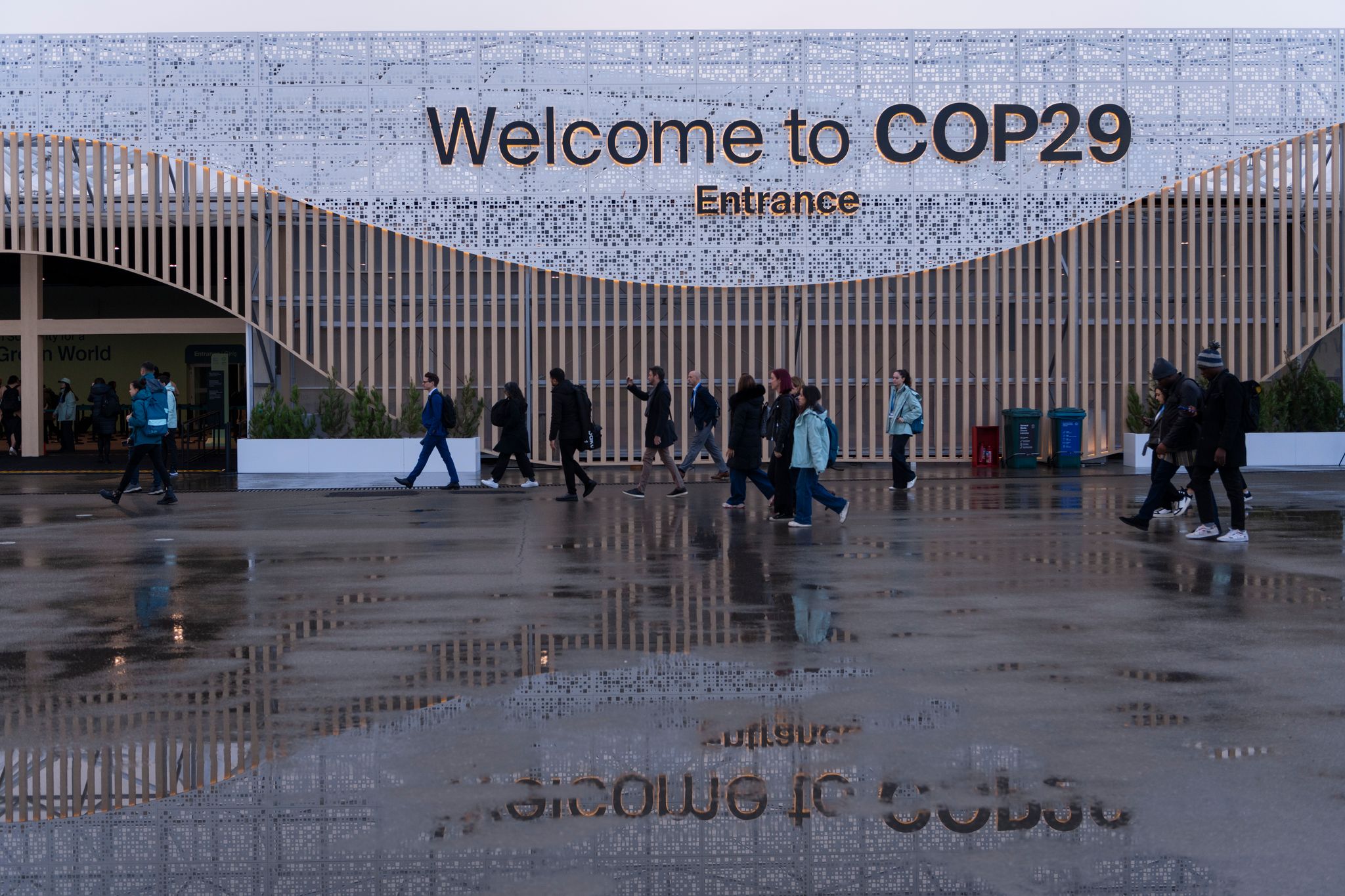
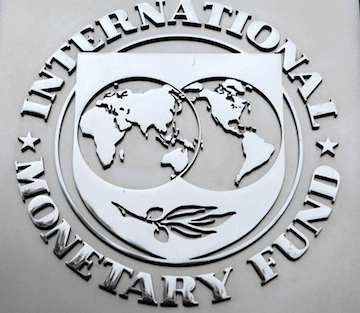
Facebook
Twitter
Pinterest
Instagram
Google+
YouTube
LinkedIn
RSS